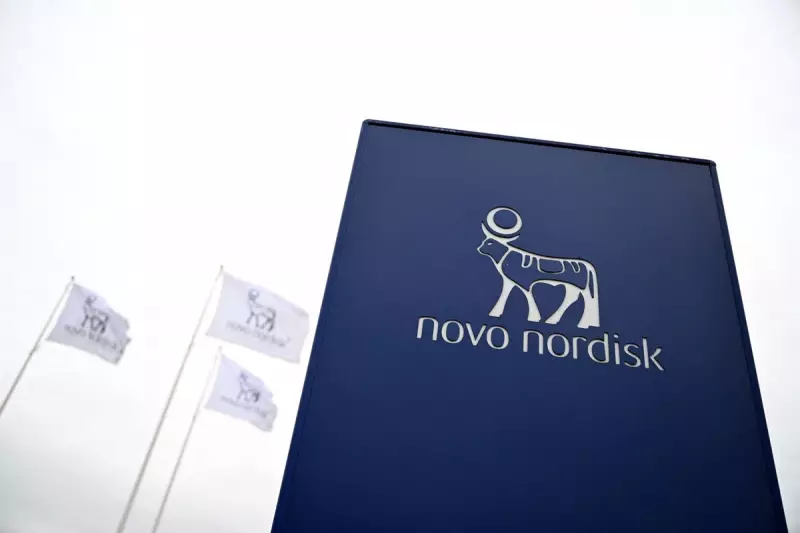
In a significant setback for pharmaceutical research, Danish drugmaker Novo Nordisk has announced that a late-stage clinical trial investigating an oral version of its semaglutide medication for Alzheimer's disease has failed to meet its primary goal.
A Major Setback for Dementia Treatment
The news, released on Monday 24th November 2025, sent the company's share price tumbling by 10% as it dashed hopes that the popular GLP-1 class of drugs could be repurposed to slow cognitive decline. The trial's failure is a particular blow given that Alzheimer's disease and other dementias affect more than 55 million people globally, with very limited treatment options currently available.
The drug tested was Rybelsus, an oral medication containing semaglutide that is currently approved only for type 2 diabetes. It is the same active ingredient found in Novo Nordisk's blockbuster drugs Ozempic and Wegovy. The two trials, known as EVOKE and EVOKE+, involved a combined 3,808 patients aged between 55 and 85 who were in the early stages of Alzheimer's.
High-Risk, High-Reward 'Lottery Ticket' Fails
Novo Nordisk's Executive Vice President for Product and Portfolio Strategy, Ludovic Helfgott, had previously characterised the Alzheimer's trials as a 'lottery ticket' back in September, acknowledging the uncertain prospects but recognising the huge potential reward. This description proved prescient, as the gamble did not pay off.
The studies used a ratings system to assess clinical changes in patients' memory and their ability to perform self-care tasks over a two-year period. The goal was to demonstrate a 20% slowing of cognitive decline, an ambitious target that was not achieved.
In a statement, Chief Scientific Officer Martin Holst Lange said, "While semaglutide did not demonstrate efficacy in slowing the progression of Alzheimer's disease, the extensive body of evidence supporting semaglutide continues to provide benefits for individuals with type 2 diabetes, obesity, and related comorbidities."
Reinforced Scepticism and Corporate Challenges
This outcome reinforces the existing scepticism among financial analysts regarding Novo Nordisk's ambitions in the Alzheimer's field. Investment bank UBS had estimated just a 10% probability of success for the trials prior to the results.
The failure represents another challenge for the new CEO, Mike Doustdar, who took over the role in August. He is currently steering a corporate restructuring aimed at helping the company compete with rivals like Eli Lilly. This comes after a period of booming success driven by Ozempic and Wegovy was followed by slowing sales growth, a tumbling share price, and mass layoffs.
Wall Street had viewed the Alzheimer's programme as a high-risk, high-reward endeavour, with the data seen as crucial for determining whether it could become a future growth driver for the Danish firm. The search for effective Alzheimer's treatments continues, with recently launched drugs from Eli Lilly and an Eisai-Biogen partnership being the first ever shown to slow cognitive decline, though they require infusions or injections and can cause significant side effects.






